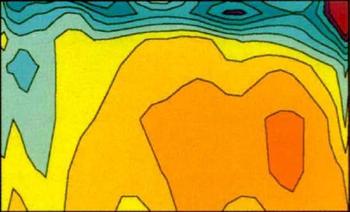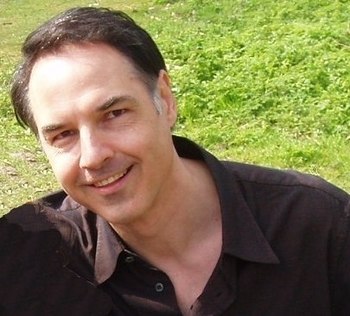Perhaps I have done Ms Rudd a disservice. (This is what comes of my having treated the Guardian as a reliable source.) Here is the text of her speech:
We now have an electricity system where no form of power generation, not even gas-fired power stations, can be built without government intervention.
And a legacy of ageing, often unreliable plant.
Perversely, even with the huge growth in renewables, our dependence on coal, the dirtiest fossil fuel, hasn’t been reduced.
Indeed a higher proportion of our electricity came from coal in 2014 than in 1999.
So we still haven’t found the right balance.
We need a course correction using the tools we have already developed through Electricity Market Reform.
We know competition works. It keeps costs low and can deliver a clean and reliable energy system.
We want a consumer-led, competition focussed energy system that has energy security at the heart of it and delivers for families and businesses.
We want to see a competitive electricity market, with government out of the way as much as possible, by 2025.
Getting there will not be easy. The process of privatisation itself spanned five Parliaments.
Indeed, moving to a new model without risking energy security will require government to continue to intervene. But that should diminish over time.
We need to start that work now.
So how do we do that?
 Bishop Hill
Bishop Hill  Nov 24, 2015
Nov 24, 2015  Climate: Parliament
Climate: Parliament  Energy: grid
Energy: grid 








